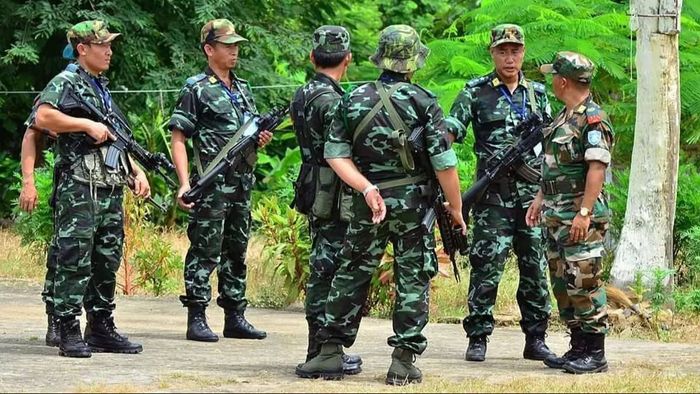Nagaland: NSCN implores churches to pray for Indo-Naga talks
With a history etched in struggle and resilience, the Nagas, a people steeped in their distinct heritage and faith, are seeking divine intervention for a resolution to their longstanding quest for self-determination.

- May 10, 2024,
- Updated May 10, 2024, 9:03 PM IST
The National Socialist Council of Nagalim (NSCN) has implored churches to unite in prayer for the success of the ongoing Indo-Naga political negotiations. With a history etched in struggle and resilience, the Nagas, a people steeped in their distinct heritage and faith, are seeking divine intervention for a resolution to their longstanding quest for self-determination.
The roots of the Naga struggle delve deep into history, where the Nagas, a free people since time immemorial, fiercely resisted external intrusions, including the British imperialist forces. Despite facing adversities, the Nagas maintained their identity and autonomy, buoyed by their faith in God and their inherent right to self-governance.
Through the ages, missionaries brought the gospel to the Nagas, sparking spiritual awakening and socio-political enlightenment. This transformation instilled a sense of unity among the Nagas, transcending geographical boundaries and ethnic diversity, as they rallied behind the call for self-determination.
The journey towards peace and autonomy has been marked by trials and tribulations, with successive attempts at negotiation thwarted by violence and coercion. Despite offers of autonomy within the Indian constitutional framework, the Nagas remained steadfast in their pursuit of genuine self-rule, rejecting any compromises that undermined their sovereignty.
In 1997, a glimmer of hope emerged as the Government of India and the NSCN resumed political dialogue, leading to the historic signing of the 'Framework Agreement' in 2015. This landmark accord, recognizing the unique history and sovereignty of the Nagas, holds the promise of a peaceful coexistence between the two entities.
However, amidst the backdrop of optimism, shadows of uncertainty loom large. The NSCN voices concerns over the Government of India's perceived reluctance to honor the Framework Agreement, raising fears of a potential backtrack that could jeopardize the fragile peace process.